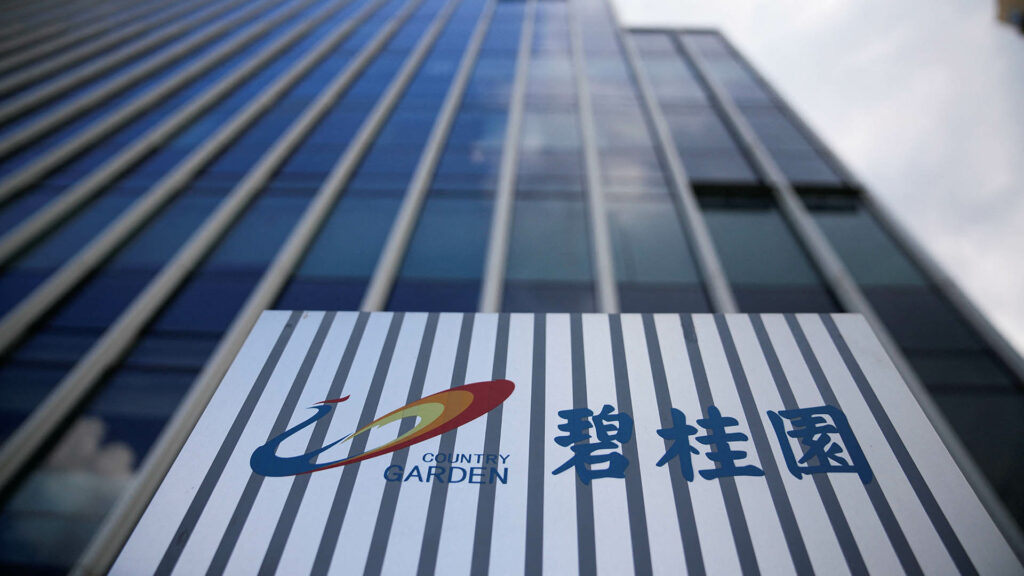Trending: Here are some Business Statistics and Trends to know
|
Getting your Trinity Audio player ready...
|
In a move that has provided some respite to China's beleaguered property sector, China's largest private property developer, Country Garden, made interest payments on U.S. dollar bonds just hours ahead of a critical grace period deadline.
This successful payment comes after the company failed to meet coupon payments totaling $22.5 million due on August 6, raising concerns about its financial stability and sending shockwaves through financial markets.
While the amount itself was relatively small, a failure to meet these obligations would have not only undermined confidence in China's financial markets but also heightened the risk of default on other dollar-denominated bonds.
Furthermore, it could have led to calls from creditors to accelerate payments and created concerns about the stability of China's banking system.
Country Garden's Offer to Extend Onshore Bonds
As part of its efforts to address its financial challenges, Country Garden also made an offer to extend the repayment of eight onshore bonds valued at 10.8 billion yuan ($1.48 billion) by three years. These bonds, issued by both Country Garden and one of its units, were initially set to mature in 2023 and 2024.
This extension offer underscores the company's determination to navigate its financial difficulties and avoid a default.
While Country Garden has managed to avoid a default on its debt payments, its precarious financial position highlights the fragility of China's real estate sector, which plays a significant role in the country's economy.
The sector represents roughly a quarter of China's GDP and has faced challenges since the government initiated a campaign against high leverage in 2021.
Challenges in China's Economy
China's economy has also been grappling with a lackluster post-pandemic recovery. A recent private-sector survey revealed that the services sector, a critical component of the economy, grew at its slowest pace in eight months in August.

Weak demand continues to hamper economic growth, even as stimulus measures have yet to meaningfully revive consumption.
Global stock markets reacted to this weak economic data, particularly concerning China's economic health. While factory surveys indicate some signs of stabilization, the real estate sector remains a source of concern.
To address these challenges, the Chinese government has introduced stimulus measures, including lower mortgage rates and preferential loans for first-home purchases in major cities. However, many analysts believe that more substantial support will be necessary to restore confidence in the property sector and stabilize the struggling economy.
Market Response
Following the news of Country Garden's successful interest payments, some of its dollar-denominated bonds experienced a 2-point increase in prices, signaling optimism that coupons will be paid. Nevertheless, these bonds continue to trade at distressed levels, ranging from 11 to 15 cents on the dollar.
Country Garden's share price initially fell by as much as 5% but recovered to close down 1%. In contrast, the Hang Seng Mainland Properties Index and China's CSI 300 Real Estate Index both experienced losses of more than 2%.
Country Garden's timely interest payments and offer to extend onshore bonds have provided a potential template for negotiating with creditors, offering some hope for the troubled developer. However, the key to recovery remains China's ability to stabilize its property market and boost economic confidence.



